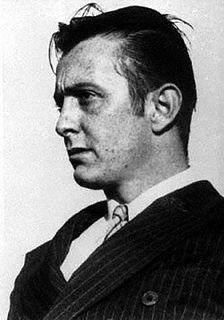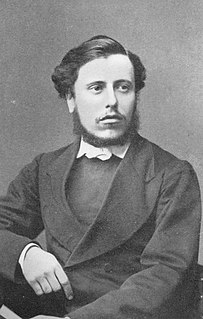A Quote by John Fante
Sick in my soul I tried to face the ordeal of seeking forgiveness. From whom? What God, what Christ? They were myths I once believed and now they were beliefs I felt were myths.
Related Quotes
Myths, as compared with folk tales, are usually in a special category of seriousness: they are believed to have "really happened,"or to have some exceptional significance in explaining certain features of life, such as ritual. Again, whereas folk tales simply interchange motifs and develop variants, myths show an odd tendency to stick together and build up bigger structures. We have creation myths, fall and flood myths, metamorphose and dying-god myths.
Similarly, the press never tested many of the assumptions about WMDs. One of the great myths about the WMD issue is that everybody believed Iraq had them. Well, that's not true. There were a number of people in the intelligence community and the State Department who were skeptical, and many analysts in the Department of Energy were dubious about Iraq's nuclear capability. There were also people like Scott Ritter who were saying quite accurately what was going on.
Myth is a tale once believed as truth; believed, it is not myth, but religion. A tale once religiously believed that has come to be called a myth is something of religion corrupted with disbelief. What are beliefs for some societies but myths for others cannot fill spiritual vacancies in the life of those others.
My personal life may be crowded with small petty incidents, altogether unnoticeable and mean; but if I obey Jesus Christ in the haphazard circumstances, they become pinholes through which I see the face of God, and when I stand face to face with God I will discover that through my obedience thousands were blessed. When once God's Redemption comes to the point of obedience in a human soul, it always creates. If I obey Jesus Christ, the Redemption of God will rush through me to other lives, because behind the deed of obedience is the Reality of Almighty God.
"The myths," says Horace in his Ars Poetica, "have been invented by wise men to strengthen the laws and teach moral truths." While Horace endeavored to make clear the very spirit and essence of the ancient myths, Euhemerus pretended, on the contrary, that "myths were the legendary history of kings and heroes, transformed into gods by the admiration of the nations." It is the latter method which was inferentially followed by Christians when they agreed upon the acceptation of euhemerized patriarchs, and mistook them for men who had really lived.







































